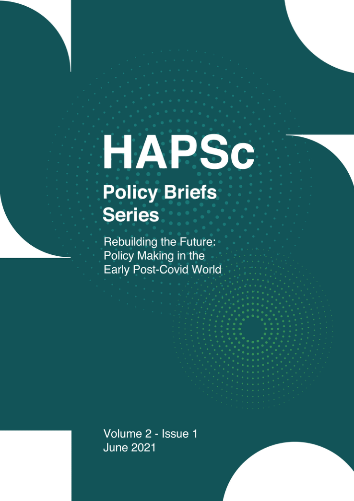Self-Defense Mechanisms of Democracy during the Crisis: The Baltic States in Comparative Perspective
Аннотация
Theoretically embedded in studies on militant democracy, the study offers a comparative analysis of the use of self-defense mechanisms of democracy during the Coronavirus Crisis in Estonia, Lithuania, and Latvia. The research aims to identify what anti-democratic measures were adopted to influence the sovereignty of the political nations and which served to either strengthen, maintain or undermine that sovereignty. Although neo-militant democracy goals prevailed in the Baltic states’ pre-pandemic political and legal structures, the pandemic-induced measures resulted in variation. In Estonia, the restrictions put the sovereignty of the political nation in jeopardy. Simultaneously, in Lithuania and Latvia, the sovereignty of the political nations remained unthreatened. In Estonia, the electoral successes and increase in support for the extreme-right political party Conservative People’s Party of Estonia turned conducive to the movement from neo- towards quasi-militant democracy. In Lithuania and Latvia, the extreme groupings did not receive comparable support and could not initiate an anti-democratic turn.
Article Details
- Как цитировать
-
Rak, J. (2021). Self-Defense Mechanisms of Democracy during the Crisis: The Baltic States in Comparative Perspective. HAPSc Policy Briefs Series, 2(1), 17–23. https://doi.org/10.12681/hapscpbs.27647
- Раздел
- Articles

Это произведение доступно по лицензии Creative Commons «Attribution» («Атрибуция») 4.0 Всемирная.
Authors retain copyright and grant the journal right of first publication with the work simultaneously licensed under a Creative Commons Attribution License that allows others to share the work with an acknowledgement of the work's authorship and initial publication in this journal.


